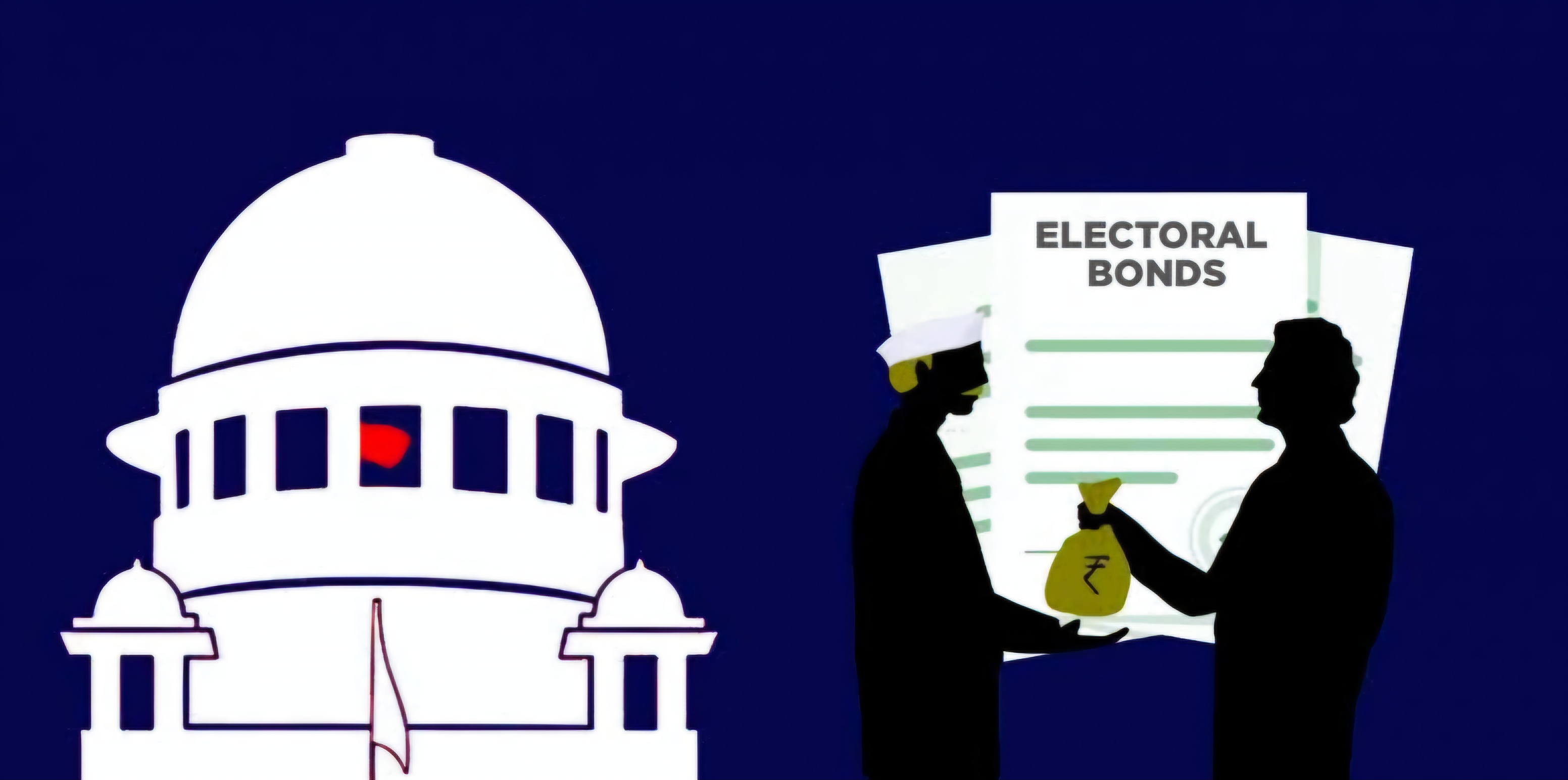


In a recent ruling, the Supreme Court rejected a request for review of its previous ruling that invalidated the validity of the electoral bond program.
The controversial system, introduced in 2018, allows individuals and corporations to donate anonymously to political parties, raising concerns about the transparency of political funding.
The petitioners requested a review of the Supreme Court's original ruling that declared the electoral bond program unconstitutional.
They argued that the program encourages anonymous donations, undermining the democratic process and making it difficult for voters to assess the influence of corporate funds on political decisions.
The petitioners further stressed that the program violates the principle of transparency, which is crucial for the integrity of elections.
Chief Justice D.Y. Chandrachud of the Supreme Court, however, rejected the review petition, noting that the initial decision sufficiently addressed the reasons made. The Court affirmed the judgment to strike down the Electoral Bonds Scheme, maintaining its position that it constituted a major threat to transparency in political fundraising.
The ruling marks the end of a contentious legal battle over the system and underscores the need for open and transparent political funding mechanisms in India.
The decision was welcomed by electoral reform advocates, who say political donations should be subject to public scrutiny to ensure fair and free elections.
Click Here to: Download/View Related File
TAGS: Supreme Court Electoral Bonds political funding transparency review petition democracy political donations.